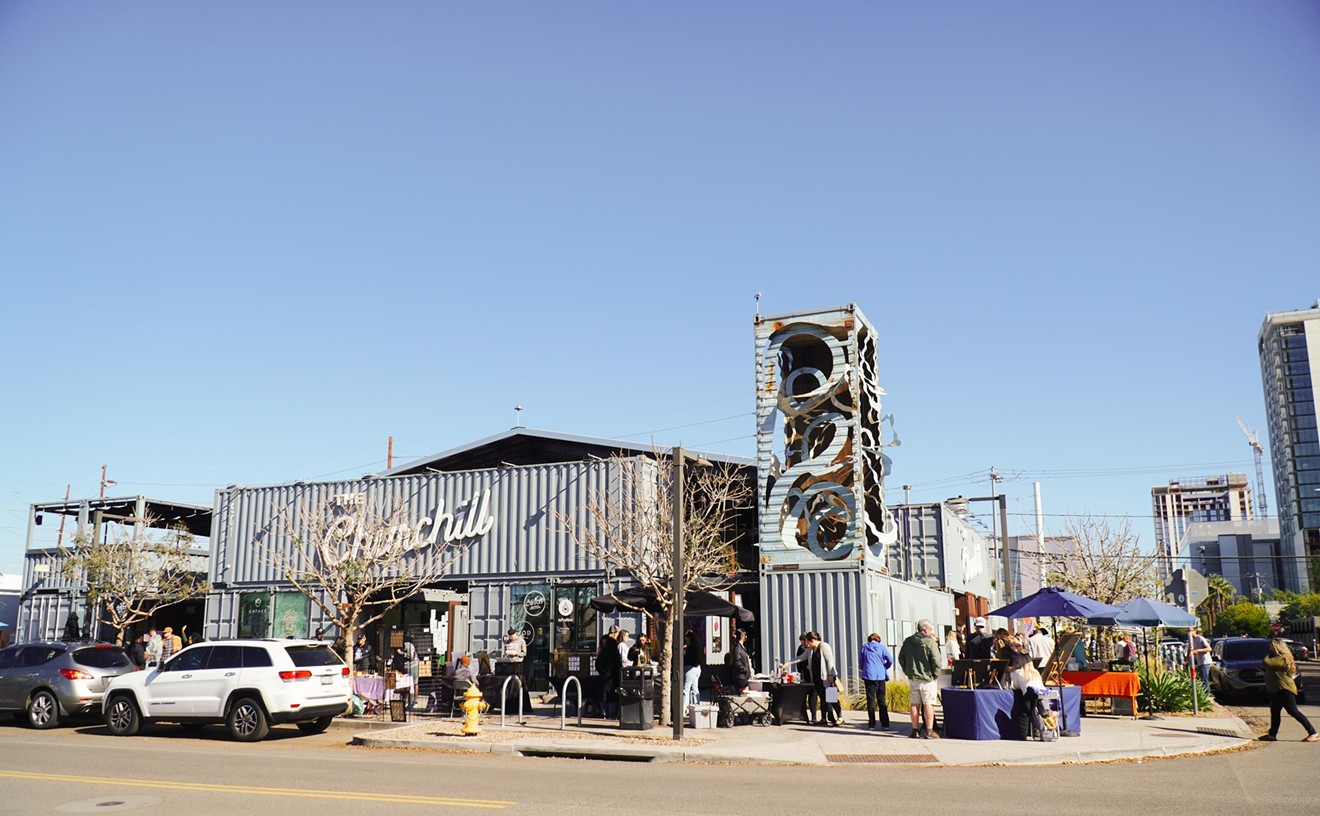With the massive popularity of tequila, the increasing profile of Oaxacan mezcal, and the omnipresence of Mexican beer, it's easy to forget that Mexico produces other varieties of liquors. It's time to learn more about one of these beverages (and a taste of northern Mexico), the regional mezcal of the town of Bacanora, Sonora.
See also: -Where to Eat and Drink in Hermosillo, Mexico
Produced from Agave vivipara, a maguey (known as agave in the United States) variety common in the Sierra Madre, where the town of Bacanora is located, mezcal de bacanora is less restrictive in its production than Jalisco's exclusively blue-agave-derived tequila, allowing for the use of various other regional maguey species.
Bacanora's process and flavor is similar to that of other mezcals: Mature maguey hearts, (piñas) are slowly roasted directly over coals in dirt pits over 48 hours, allowing for the development of a pleasant smoke flavor in the resulting juice. Tequila's blue agave hearts are baked utilizing indirect heat, yielding a similar mildly sweet flavor, but lacking the depth of smoke and smoothness of mezcal.
If tequila is reminiscent of a scene from Tarantino's From Dusk Till Dawn (seductive and fun, but a little rough the next morning), bacanora is like that moment before being drenched by an unexpected nighttime desert rain: a sweet taste of charred earth in the back of the mouth, a mild electric shock of thunder overhead, a small liquid fire that warms the gut. To experience bacanora is to taste the richness of the earth of Sonora, and to love it for what it's seemingly desolate landscape can produce.
Bacanora's lack of popularity in comparison to that of tequila or Oaxacan mezcal is striking but is due solely to a November 1915 prohibition law enacted by Sonora's governor, who banned the production, sale, and import of all alcoholic beverages in an attempt to promote upstanding moral behaviour in the citizenry. The full effect of this ban did not last long, only four years, or the time it took the state government to realize that having money in the bank from alcohol's sales tax revenue was better than widespread morality; but sadly, hard liquors such as bacanora remained illegal to produce in the state.
The prohibition killed what had been a growing industry, as just five years before its enactment, the state of Sonora had 56 licensed distilleries producing more than three-quarters of a million liters of bacanora, and drove its production back to the family-operated artisanal level (though one or two commercial distilleries remained in operation for some time), and what followed is a long history of smuggling the liquor throughout the state and into the United States. It wasn't until 1992 that bacanora was legally recognized by the federal Mexican government as a regional spirit requiring regulatory oversight, gaining designation of origin in 2000.
Bacanora remains difficult to find in the United States, and only slightly easier in Sonora, though it can be ordered online. Think of bacanora as being closer to a Highland Scotch than to a tequila when it comes time to consume it; enjoy it neat so as to fully appreciate the delicacy of the smoke, but if you must have it as a cocktail, enjoy it in a classic and straightforward margarita.
Minerva Orduño Rincón dreams of a day when Mexican cuisine begins to get the respect it rightfully deserves, a goal she trying to help along with Muñeca Mexicana handcrafted food. Until then, you can find her in a kitchen near you.










